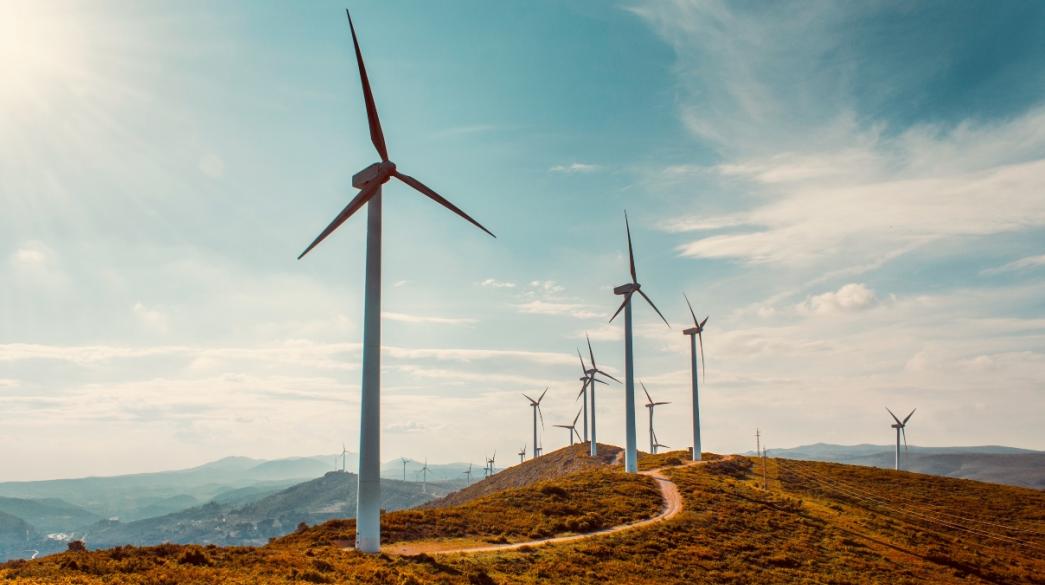“Green" investors are likely to be called upon to cover the bill arising from the special account through which RES producers are paid.
The Ministry of Environment and Energy has put on the table every possible scenario, however the only option that looks to solve the problem, without causing any major disruptions to the market, is for RES producers to foot the bill.
What does this mean in practice? That the ministry will impose a one off payment on them which is not permanent as this could be in violation of EU rules.
It remains to be seen in what form this payment will be made that will reach an estimated 287 million euros. And we are talking only about this year's deficit, which grows with each passing month as the revenues of the special account outpace its expenses.
This will most likely result in the charge from the Special levy on pollutant emissions (SLPE), the main supporter of the special account, (the so-called ELAPE) being integrated in the competitive part of each supplier’s tariffs.
However, when the dialogue with the suppliers starts, they should commit to the ministry that there is no way that they will pass the charge on to consumers, but will absorb at least most of it. Otherwise we will return to the current impasse.
But even this permanent solution must be done in a certain way: A method that maintains the industry’s very small participation in SLPE. According to European directives, energy-intensive industries have secured a very favorable approach to this issue. If the SLPE is transferred to the competitive part of the tariffs, then industries may be at a disadvantage.
How did ministry reach the decision that only RES producers should pay the bill? The explanation is simple: If the scenario prevailed burdening the former, along with the imposition of an extraordinary charge on suppliers, then PPC would pay the lion's share. That is 70%, as well as the share it has in the retail of electricity.
In such a case, the ministry would risk blowing up the effort it has been making for a year and a half in order to consolidate the business, which is going through a sensitive phase. Yes, it has been profitable for the third consecutive quarter, but there is no guarantee that the factors that contributed to it - mainly the collapse of fuel prices and wholesale prices - will continue to exist for a long time. In addition, the last thing the government wants at the moment is to send a message to the investment community that it is imposing extra costs on PPC.
"I have in mind the RES investors - whom we support - as well as the consumers (including businesses), who are affected by the coronavirus. However, I am also interested in the course of the main pillars of the energy system, highlighting PPC. Because I am interested in what has been achieved in PPC," said Energy Minister Kostis Hatzidakis during a conference on Friday, with which he essentially described the above solution.
What is certain is that the decision will upset the "green" market and that it will exhaust all available political means of pressure, in order not to pass. Given that the main burden will fall on the many, thousands of small and medium-sized photovoltaic investors, it is certain that they will recruit local MPs in order to put pressure on the government.



